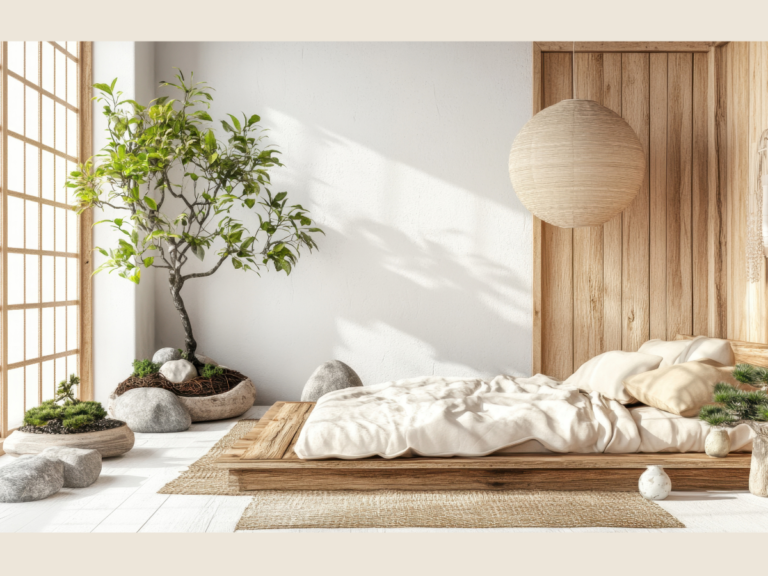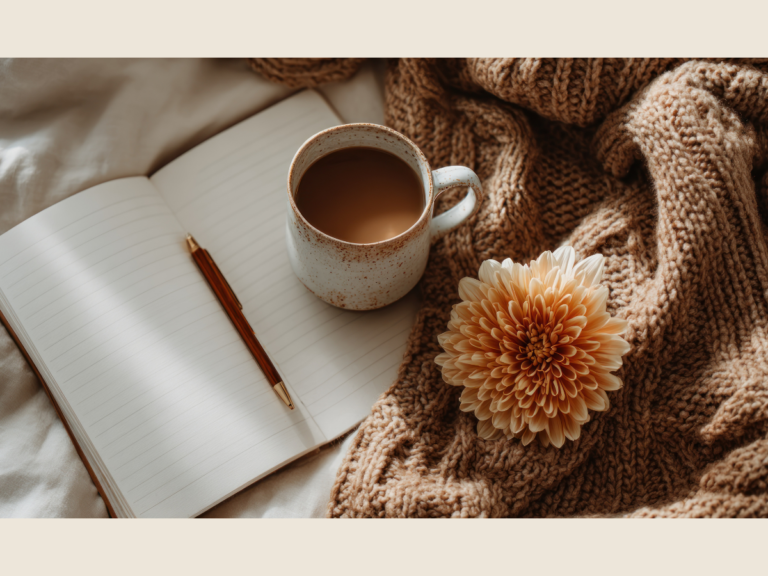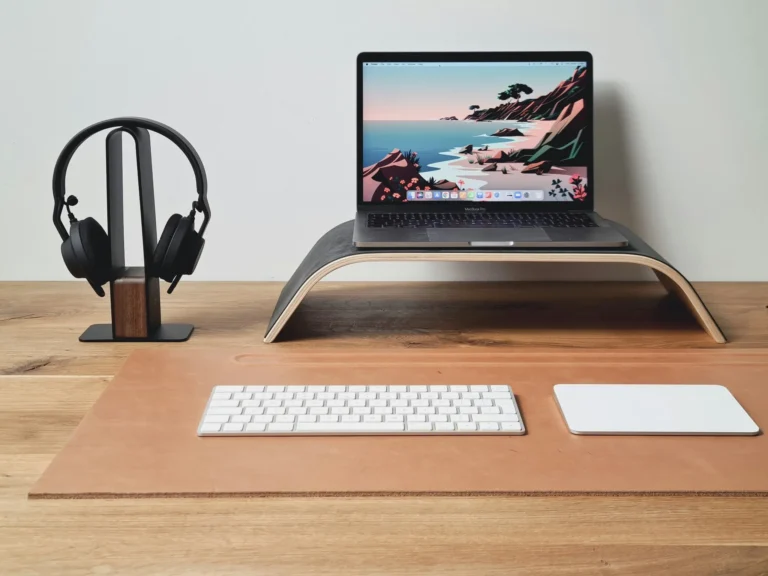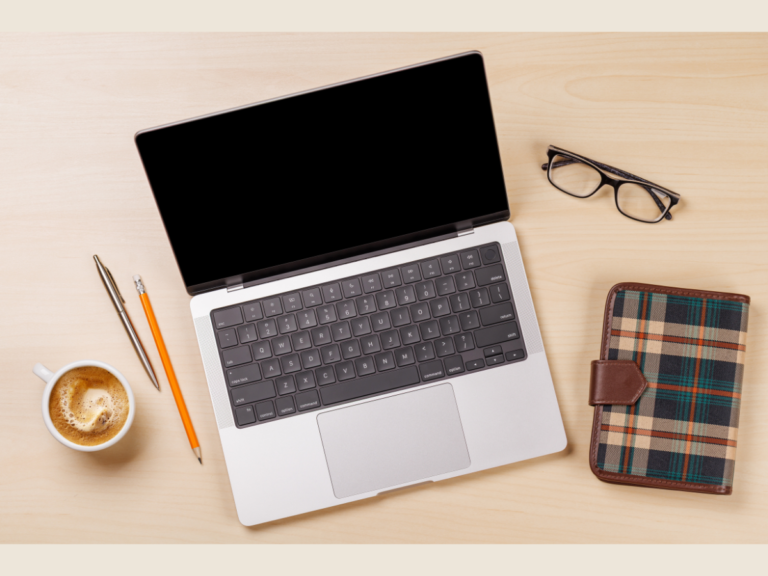Minimalism and Mental Health: How Owning Less Reduces Stress
Introduction
We live in a world that constantly tells us to buy more—more clothes, more gadgets, more décor. But what if the very things we accumulate are fueling our stress and anxiety? Have you ever walked into a cluttered room and felt instantly tense? That reaction isn’t random. Research shows that excess possessions create excess stress.
Minimalism and mental health are deeply connected. By owning less, you reduce not just physical clutter but also the mental weight it creates. This article explores how minimalism directly supports mental health and, more importantly, how you can start decluttering today to reduce stress, lower anxiety, and create lasting peace of mind.
1. The Hidden Link Between Clutter and Stress
Clutter isn’t just messy—it’s stressful. A UCLA study from the Center on Everyday Lives of Families found that women who described their homes as cluttered showed significantly higher levels of cortisol, the body’s primary stress hormone. Similarly, researchers at Princeton University Neuroscience Institute discovered that too many visual stimuli compete for your attention, making it harder to focus and process information.
Another study published in the Journal of Environmental Psychology confirmed that cluttered homes are strongly associated with lower well-being and higher levels of anxiety. In short, the more stuff around you, the more mental pressure you feel.
Every item you own requires care and attention: clothes to wash, gadgets to charge, papers to file. Multiply that by hundreds, and your brain becomes overwhelmed.
👉 Do this: Walk into one cluttered room and pay attention to how your body reacts. If you feel tension or frustration, that’s your mind signaling overload.
💡 Key takeaway: A cluttered home equals a cluttered mind—and decluttering for anxiety relief is one of the most effective forms of stress reduction.
2. Decluttering for Anxiety Relief and Mental Clarity
Minimalism doesn’t mean living with nothing—it means living with enough. When you reduce what you don’t need, you make space for clarity and calm. This is where the link between minimalism and mental health becomes obvious.
Take clothing, for example. Many people own dozens of items but still feel they have “nothing to wear.” When I cut my wardrobe in half, mornings became easier. Fewer choices meant fewer decisions, and that freed up energy for bigger priorities. Psychologists call this decision fatigue, and minimalism is one of the best ways to fight it.
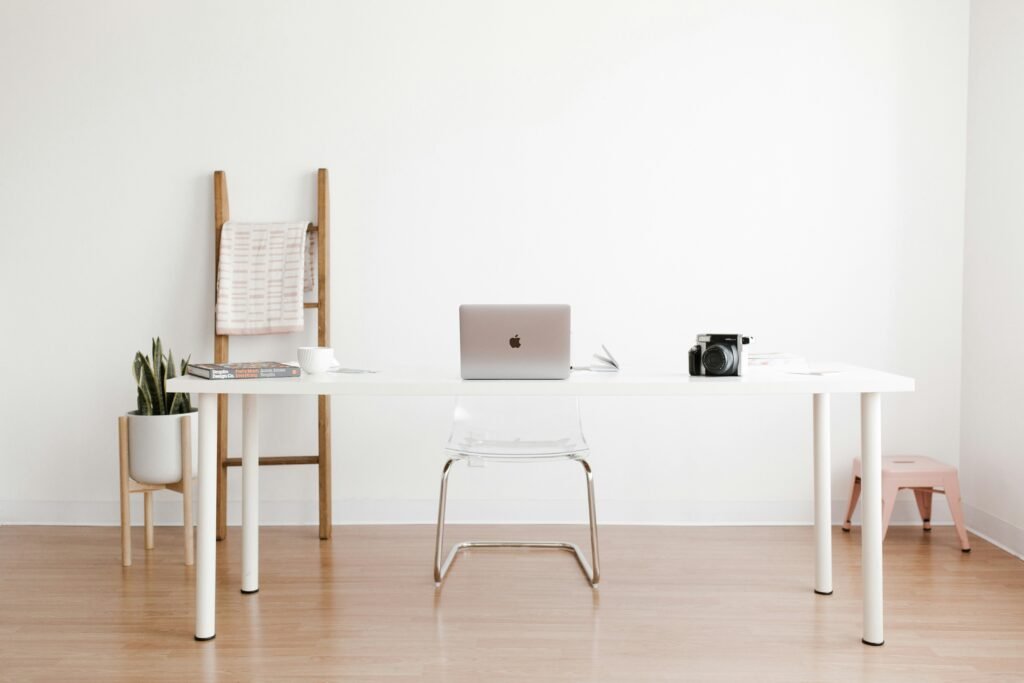
I also heard from a reader who struggled with constant anxiety in her kitchen. Every meal felt like a battle—pots stacked on top of pans, drawers stuffed with gadgets she never used. She admitted she often gave up and ordered takeout just to avoid the stress. One weekend, she committed to decluttering. She removed duplicates, donated appliances, and kept only what she truly used. The first dinner she cooked afterward felt completely different. She said, “For the first time, cooking was peaceful. I wasn’t fighting my kitchen anymore—I was enjoying it.”
👉 Do this: Choose one area (like your wardrobe or kitchen) and cut it by 25%. Notice how much lighter your mornings—or evenings—feel.

💡 Key takeaway: Decluttering for anxiety isn’t just about tidying up—it’s about lowering daily stress triggers and creating mental clarity.
3. Emotional Freedom: Breaking Free from Consumer Pressure
Society ties self-worth to possessions. Ads tell us that buying more will make us happier or more successful. But this cycle often leads to comparison, dissatisfaction, and even debt.
Minimalism breaks that loop. By saying, “I already have enough,” you detach your identity from your stuff. Instead of chasing trends, you focus on what truly adds value. This is another way minimalism improves mental health: it frees you from consumer-driven stress.
A close friend once confided in me about her struggle with shopping. Every Friday, she stopped by the mall on her way home from work. At first, it was “just a little treat.” But over time, she couldn’t stop. New clothes, shoes, and bags piled up, but instead of making her happy, the clutter made her feel ashamed.
She admitted she avoided inviting people over because she didn’t want anyone to see the chaos in her bedroom. Her turning point came when her credit card was maxed out and she realized she wasn’t sleeping at night, worrying about debt. That’s when she discovered minimalism.
She started by clearing her wardrobe, selling items online, and creating a budget. Six months later, she wasn’t just debt-free—she described feeling:
“Lighter, calmer, and more in control.”
👉 Do this: Unsubscribe from three retail newsletters today. Fewer “limited-time offers” in your inbox means fewer temptations.
💡 Key takeaway: Minimalism frees you from consumer pressure and helps restore emotional balance.
4. Mental Health Benefits of Owning Less
Adopting minimalism and focusing on mental health can lead to powerful results:
- Lower anxiety: Fewer objects = fewer stress triggers.
- Sharper focus: Clear space = clear mind.
- Improved mood: Minimalist spaces feel calmer and more uplifting.
- Sense of control: Letting go builds confidence in handling life’s challenges.
Minimalism also aligns with mindfulness. With fewer distractions, you can be more present and intentional—focusing on relationships, creativity, and experiences.
One father I interviewed shared how clearing his garage transformed his weekends. Before minimalism, he described feeling defeated every time he opened the garage door—boxes stacked high, tools buried, bikes leaning on broken shelves. Simple tasks like fixing a chair or working on a project for his kids turned into hours of frustration. After dedicating a week to decluttering, everything had its place. “Now I can find what I need in minutes,” he told me. “Instead of wasting my Saturday searching, I spend it building something with my son. That shift alone made me a calmer, happier dad.”
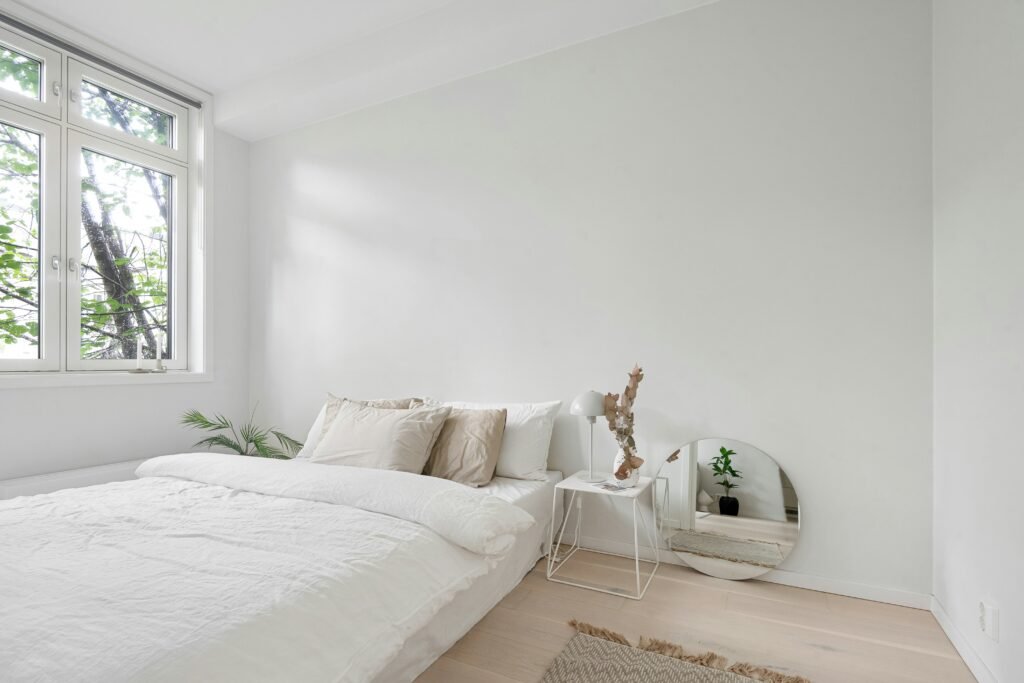
5. Practical Steps to Start Minimalism for Stress Reduction
Getting started doesn’t have to be overwhelming. Small wins add up fast:
- Five-minute declutter: Pick one drawer or shelf and clear it out.
- One in, one out: For every new item, remove one old one.
- The one-year question: Before buying, ask: “Will this still matter a year from now?”
- Declutter your schedule: Say no to draining commitments.
- Celebrate progress: Each step forward is a step toward peace.
- Practice gratitude daily: Focusing on gratitude shifts your attention from “I need more” to “I already have enough.”
- Set a monthly declutter day: Choose one day each month dedicated to simplifying one area of your life.
👉 For more practical ideas, see my guide: 9 Frugal Living Hacks to Save $100 Every Month.
6. Minimalism Beyond Possessions
Minimalism isn’t just about things—it’s about how you live. Integrating minimalism into different areas of life strengthens both productivity and mental health.
- Digital minimalism: Delete unused apps to reduce notifications and mental clutter.
- Simple routines: Streamline mornings with consistent habits. (See: The Morning Routine That Sets You Up for a Productive Day)
- Meal planning: Simplify family dinners with batch cooking and freezer meals. (See: Beginner’s Guide to Freezer Meals That Save Time and Money)
Each small shift reinforces the connection between minimalism and mental health—helping you live with less stress and more intention.
7. Frequently Asked Questions (FAQ)
Is minimalism good for mental health?
Yes. Studies consistently show that clutter is linked to higher stress and anxiety, while minimalism reduces mental load, boosts focus, and promotes calm.
Can decluttering really reduce anxiety?
Absolutely. Decluttering reduces visual noise and decision fatigue, both of which are common triggers for stress and anxiety. Even five minutes of decluttering a day can make a noticeable difference.
How do I start minimalism without feeling deprived?
Start small. Focus on one drawer, one shelf, or one category like shoes or books. Keep what truly adds value and let go of the rest. Minimalism is about freedom, not deprivation.
Does minimalism help with productivity as well?
Yes. Minimalism and mental health go hand-in-hand with productivity. A clear space means fewer distractions, which leads to sharper focus and more efficient work.
Conclusion + CTA
Minimalism isn’t about deprivation—it’s about liberation. Research shows clutter raises stress, while simplicity restores calm. By owning less, you reduce anxiety, regain focus, and build emotional freedom.
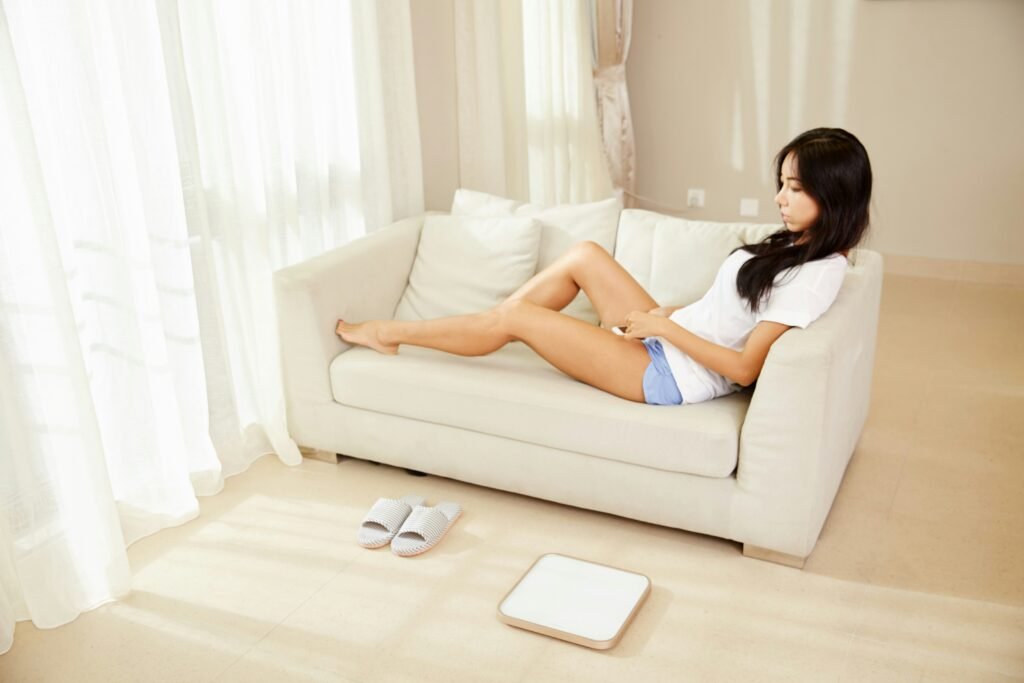
👉 Here’s your challenge: This week, declutter just one small space—your desk, your nightstand, or even your email inbox. Then notice how your stress levels shift.
And if this post resonated with you, share it with a friend who’s feeling overwhelmed. Together, you might discover that owning less gives you more of what really matters—peace, clarity, and joy.
Over time, these small minimalist steps don’t just reduce stress in the moment—they reshape how you live. Minimalism teaches you to value experiences over possessions, peace over pressure, and clarity over clutter. Practiced consistently, it can improve sleep, relationships, and overall mental health in ways that no shopping spree ever could.

